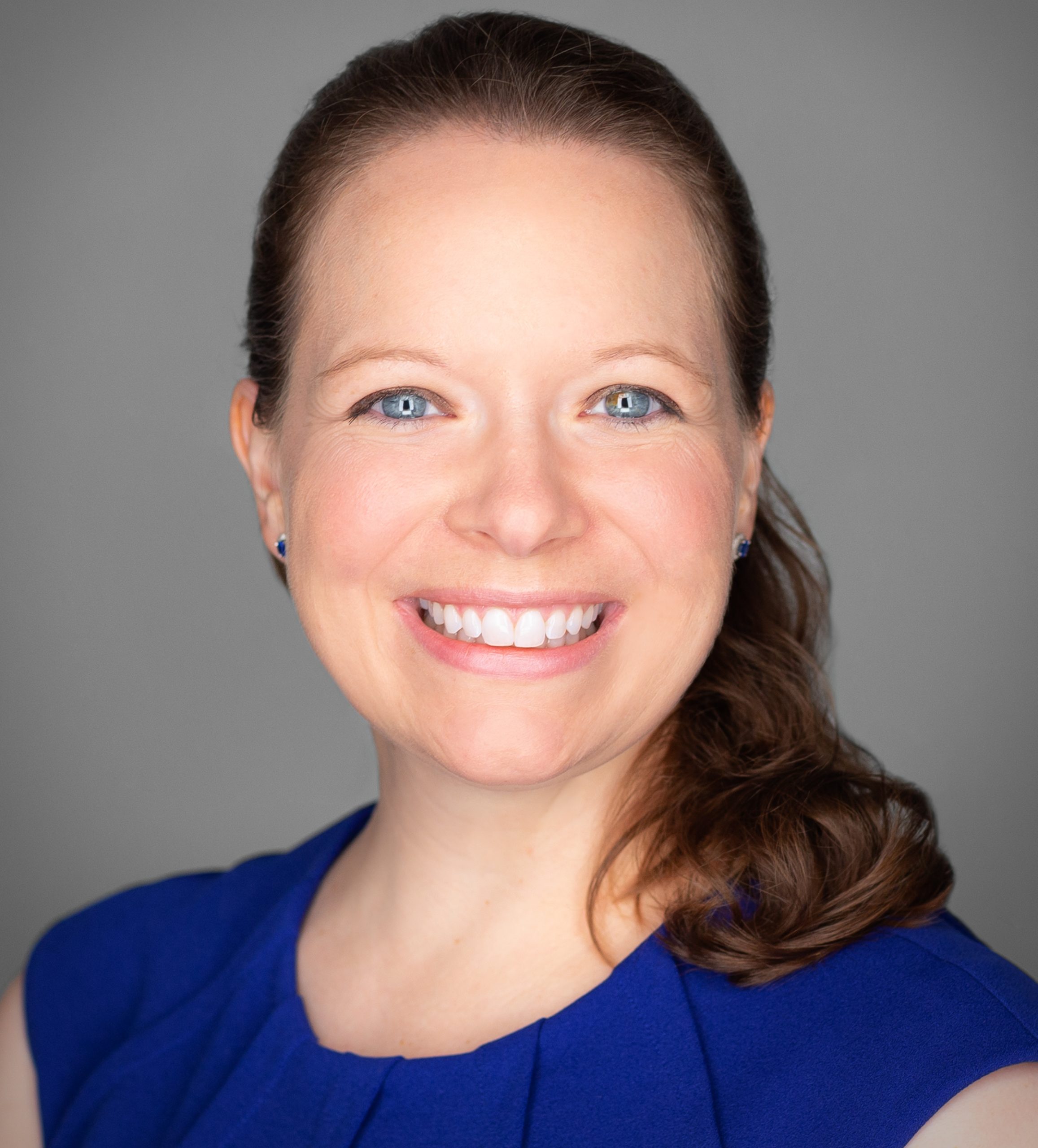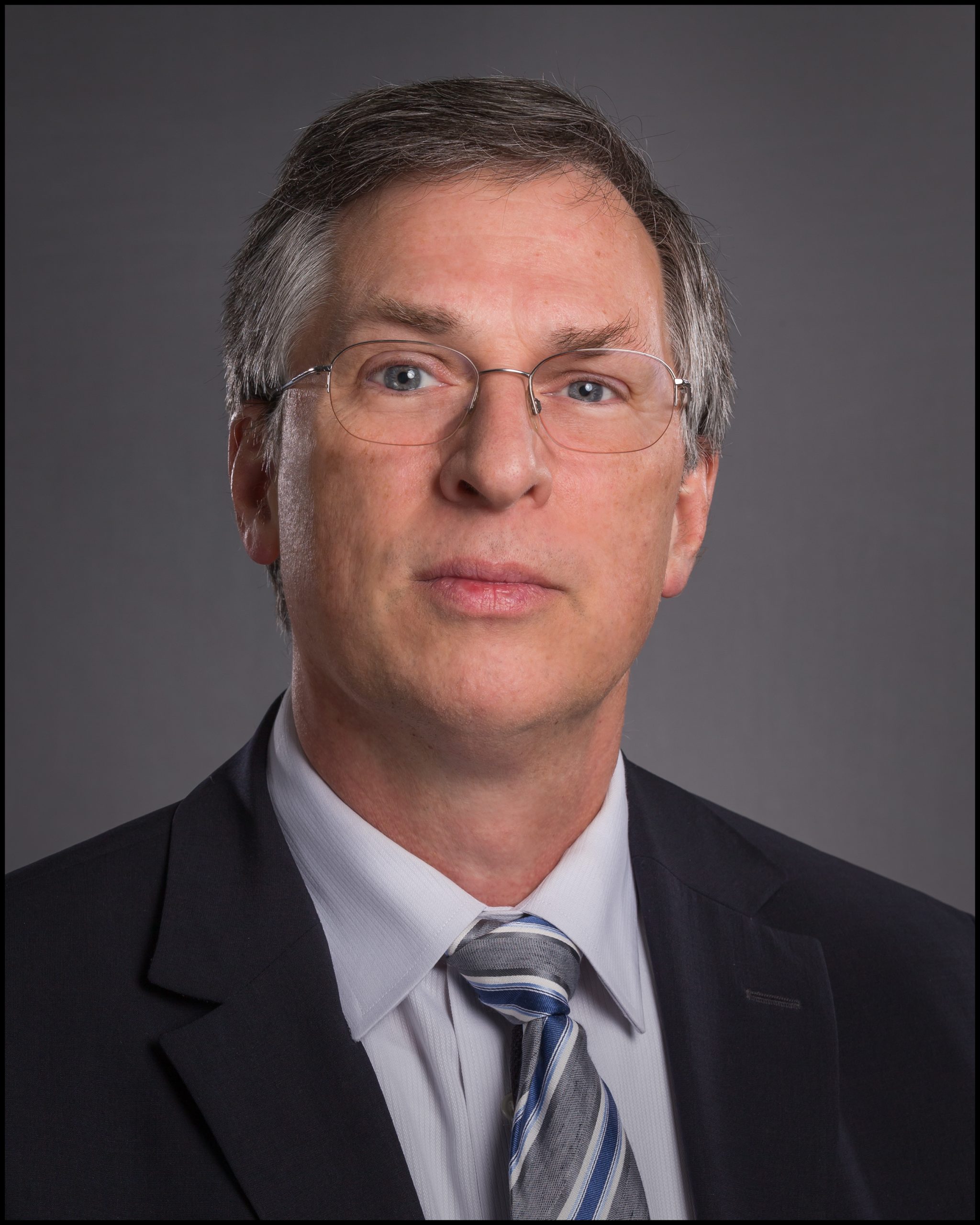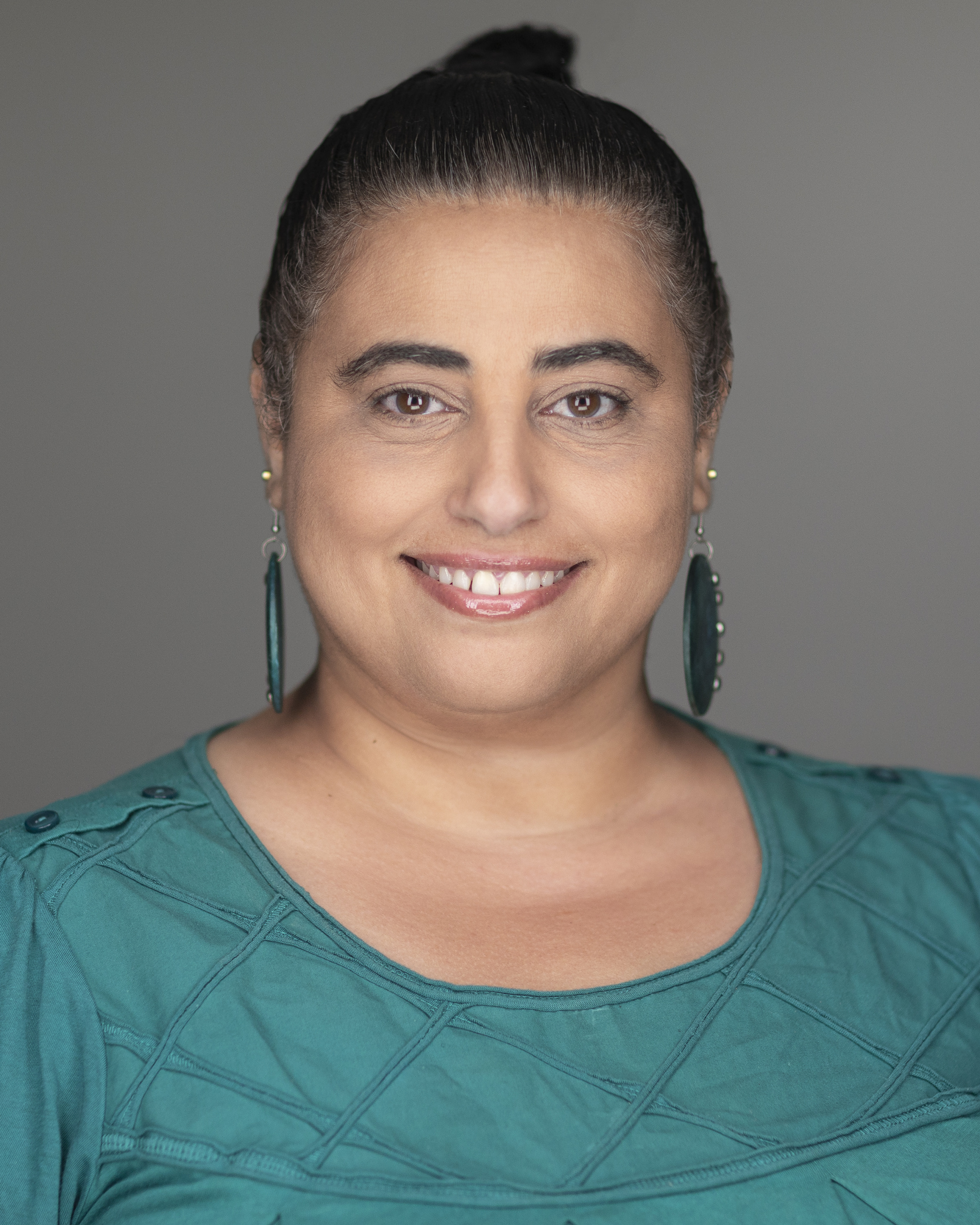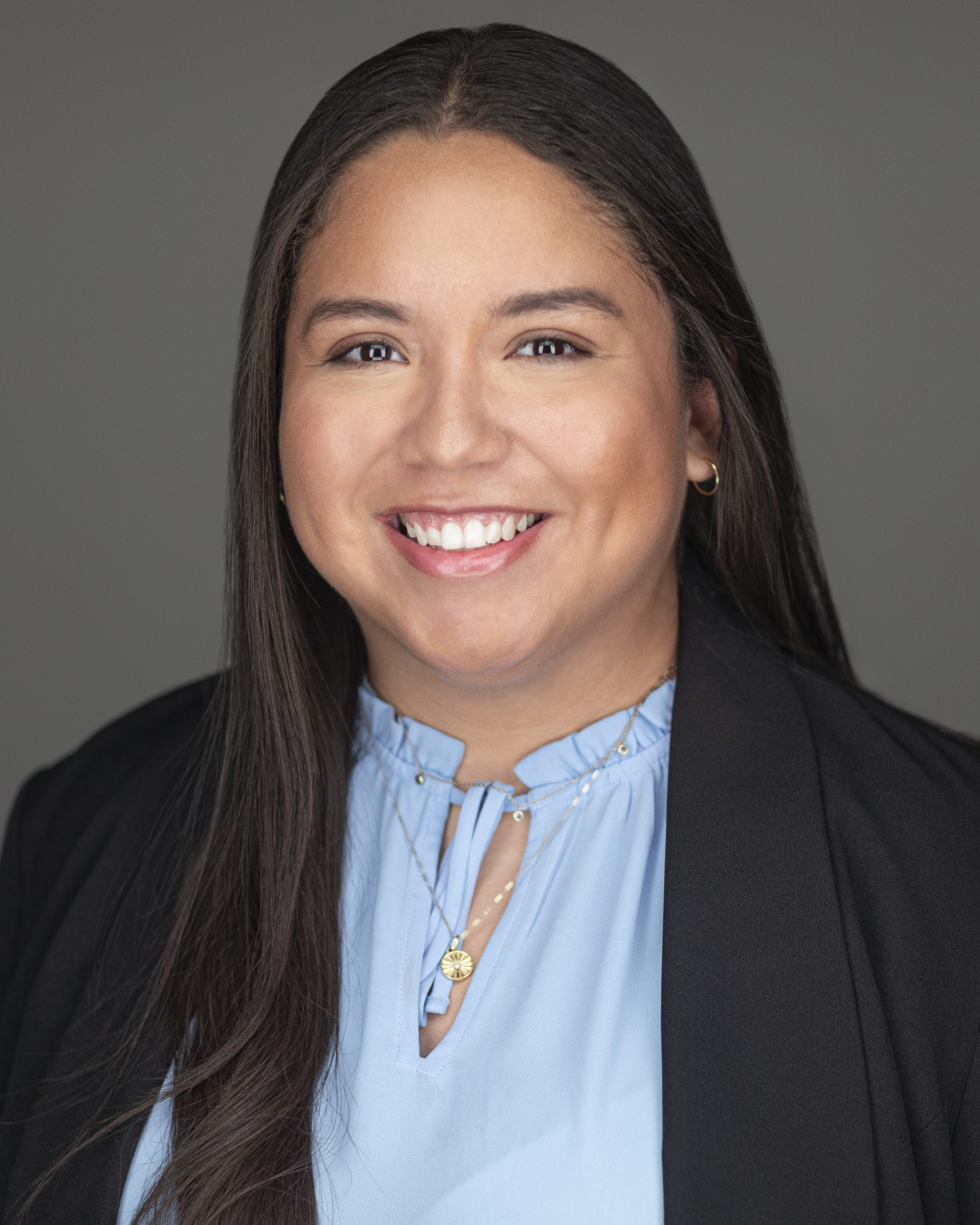Meet our MyCARES team.

Clement K. Gwede, Ph.D., MPH, RN, FAAN
Dr. Clement Gwede is Senior Member of Health Outcomes and Behavior, Division of Population Sciences at the Moffitt Cancer Center, and Professor of Oncologic Sciences at Morsani College of Medicine at the University of South Florida in Tampa FL. He serves as Chair of the Florida Cancer Control and Research Advisory Council (CCRAB). CCRAB publishes and coordinates implementation and monitoring of the Florida Cancer Plan (2020-2025). Dr. Gwede is a public health and health equity investigator whose research is primarily fueled by community engagement and community-academic partnerships to develop, test and implement behavioral interventions for prevention and early detection of colorectal and prostate cancers, to eliminate cancer health disparities and improve quality of life. He also conducts research on minority participation in clinical trials and community participation in biobanking and research involving biospecimens. This research has been supported by grants from the American Cancer Society, National Institute of Health/National Cancer Institute, U.S. Department of Defense, State of Florida, Florida Blue Foundation, and other sources. He has published over 140 peer-reviewed articles in scholarly journals.

Cathy Meade, PhD, RN, FAAN
Dr. Cathy Meade (Cathy) describes herself as a “community-minded researcher” and a champion for clear communications.” Her research spans cancer prevention to survivorship, and seeks to bring health information, services, and scientific advancements ‘right back to the community’ in ways that are accessible, understandable, and useful. She is a nationally recognized leader in the fields of health disparities, community health, health literacy, and cancer prevention, and interested in the role that culture and literacy play in the uptake of behavioral interventions. Her early seminal work in the field of health literacy identified significant mismatches between patients’ reading levels and reading levels of health information. She was a member of the Institute of Medicine’s Health Literacy Committee, which produced the 2004 report titled: Health Literacy: A Prescription to End Confusion, a pivotal report that stimulated a steady stream of health literacy research, practice, education, and policy initiatives. A notable outcome of her work is the creation of the Tampa Bay Community Cancer Network (TBCCN), a community-academic network (since 2005), which serves as a springboard for responsive research, practice, and community outreach. TBCCN partners have informed numerous community-driven projects, such as studies to accelerate the adoption of colorectal cancer screening by pairing language-specific education materials + Fecal Immunochemical Test – FIT in community clinics. This work is based on community-based participatory approaches that build trustworthy partnerships for improved engagement in cancer prevention behaviors for reducing the cancer burden.

Shannon Christy, Ph.D.
Shannon Christy, Ph.D., is an Assistant Member in the Department of Health Outcomes and Behavior at Moffitt Cancer Center. Dr. Christy holds a secondary appointment in the Department of Gastrointestinal Oncology and is a Member of the Center for Immunization and Infection Research in Cancer at Moffitt Cancer Center. She also holds a courtesy appointment of Assistant Professor in the Department of Oncologic Sciences at University of South Florida in the Morsani College of Medicine. Dr. Christy completed a Ph.D. in Clinical Psychology and National Cancer Institute-funded R25 predoctoral and postdoctoral fellowships in Behavioral Oncology. Dr. Christy’s research program aims to reduce cancer incidence, mortality, and disparities by increasing cancer preventive and early detection behaviors such as colorectal cancer screening, human papillomavirus (HPV) vaccination, and Hepatitis C virus screening. Her research interests include examining the relationships between psychosocial factors, health beliefs, affect, social determinants of health, patient-provider communication, and engagement in cancer preventive and early detection behaviors as well as evaluating the efficacy of behavioral interventions aimed at promoting cancer preventive and early detection behaviors. Much of her work is conducted with multidisciplinary collaborators and utilizes community-engaged approaches.

Michael J. Schell, PhD
Michael J. Schell, PhD, is a Senior Member of the Biostatistics and Bioinformatics Department at the Moffitt Cancer Center & Research Institute in Tampa, FL. Dr. Schell received his PhD in Statistics from Florida State University. Throughout his 37- year career, Dr. Schell has worked at four NCI-designated cancer centers, including three as Biostatistics Core Director (University of California at Irvine, University of North Carolina, and the Moffitt Cancer Center). Dr. Schell has authored over 200 articles. He is an expert on statistical issues in clinical trials, next-generation sequencing, biomarker studies, and prognostic studies. The primary disease areas that Dr. Schell is currently focused on are colorectal cancer, HPC-related cancers, and skin cancer. He is the first author of the “reduced monotonic regression method”, a modern technique which generally provides stronger fits to data than yielded by linear regression, since it relaxes the linearity requirement while retaining monotonicity.
Margaret Byrne, Ph.D.
My main research interests focus on how to help individuals make the best decision for themselves in situations where there is no one right answer. Specific areas that I’ve done the most work in include participation in cancer clinical trials and lung cancer screening. In addition, I collaborate extensively on cost assessment/cost effectiveness research that crosses many different health care areas. Outside of work, my favorite activities include: skydiving; being outside, especially on the water; reading work and non-work related books; and spending time with my friends of both the human and feathered variety.

Rania Abdulla, MA
Rania Abdulla received her undergraduate degree in biology with a psychology as her minor. She holds a master’s degree in measurement and evaluation from the University of South Florida. She also holds two certificates: ‘Nonprofit Leadership’, and ‘Inclusive and Ethical Leadership’. She is also a certified Community Health Worker (CHW). As a Research Project Manager, she has worked on several cancer related studies which included colon, breast, lung, ovarian, Hepatitis C and skin cancer. Colon cancer research has been her passion and has dedicated over 20 years working on colorectal cancer education, prevention, and screening. Her interest is in reducing health disparities through prevention, early detection and education, this work is built upon community engagement and Community Based Participatory Research (CBPR). Her long- term goal as a researcher is to completely eliminate health disparities among the medically underserved.

Mark Friedman, MD
Dr. Friedman earned his MD degree at the SUNY Downstate Medical Center. He completed an Internal Medicine Residency at George Washington University Medical Center and a Gastroenterology Fellowship at Albany Medical Center. After completing training, Dr. Friedman worked with Gastrohealth in Miami, Florida for 3 years. He currently is an Associate Member in the department of GI Oncology at Moffitt Cancer Center. He also holds an academic appointment as an Assistant Professor in the department of Oncological Sciences at the University of South Florida. Dr. Friedman’s clinical interests are in 1) Colorectal cancer screening 2) Genetic Colorectal Cancer Syndromes 3) Surveillance of pre-malignant Intestinal Conditions. He also treats a wide variety of liver associated diseases such as hepatitis C, hepatitis B, autoimmune hepatitis, hereditary hemochromatosis and fatty liver disease. His research interests include hepatocellular disease, colorectal cancer screening trends, guidelines, and immunotherapy related gel toxicities.

Rodrigo Carvajal, B.S.
Rodrigo Carvajal is a Research Software Architect in the Department of Biostatistics and Bioinformatics. Mr. Carvajal is interested in the intersection between technology and knowledge discovery to facilitate cancer research. Rodrigo has been involved in the development of more than 50+ informatics solutions for cancer research. Mr. Carvajal has more than 20 years of experience in the software development life cycle, designing complex database systems and data management systems, designing user-centered interfaces, developing enterprise-level solutions, data miner, technical trainer, and management of enterprise IT projects.. Mr. Carvajal was previously at the Institute for Human and Machine Cognition (IHMC), where he served as a knowledge architect and elicitation specialist of scientists and experts; and participated in the design and implementation of computer products used worldwide.

Carol Boxtha, B.S.
While at Moffitt Cancer Center, Carol's work has focused on the prevention of colorectal cancer as a Research Coordinator. Carol has worked directly with the community and research members during this time and she plans to use this experience to best support the CARES-REACH study. This includes educating patients in understanding colorectal cancer screenings and assisting clinic partners.

Samantha Montoya, MPH, CHES, CPH
Samantha is a proud alumna of the University of Florida where she received a Bachelor of Science in Biology and was first introduced to her passion of community based participatory research (CBPR). She also earned a Master of Public Health at the University of South Florida with a concentration in Public Health Education. Samantha currently is working on the CARES-REACH study. She is passionate about closing the gap in cancer health disparities through education, access, and inclusion.
![]()
